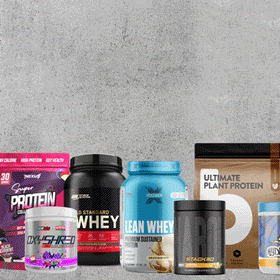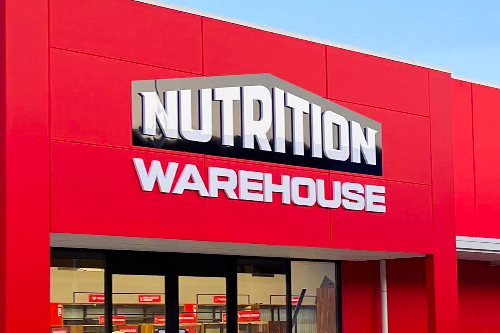Creatine is a naturally occurring nitrogenous compound found in the body, synthesised from the amino acids arginine and glycine. Thanks to its nitrogen-based structure, creatine serves as an energy supplier to the cells, playing a critical role in the rapid production of ATP during high-intensity, short-duration exercise.
Adenosine Triphosphate (ATP) is the body’s primary energy currency, fuelling every cellular process, including muscular contraction. During activities like sprinting, lifting heavy weights, or explosive jumping, the body relies almost entirely on the ATP–Creatine Phosphate (ATP-CP) system. This system does not require oxygen and is known for its ability to deliver instant energy, though it only performs at maximum output for roughly 10 seconds.
Within this system, creatine phosphate stored in the muscles is broken down and converted into ATP the body’s fastest and most accessible energy source.
How Supplementing with Creatine Helps
Adding a creatine supplement increases muscle stores of phosphocreatine, which in turn boosts ATP availability. Research has shown this leads to measurable benefits such as:
- Improved strength and lifting capacity
- Increased power output
- Gains in body weight through cellular hydration
- Enhanced anaerobic performance for short, explosive activity
- Growth in muscle cross-sectional area due to increased water content
Put simply, creatine acts like high-octane fuel for your training. It enables you to push harder, move faster, and recover better during periods of peak effort.
Creatine in Food vs. Supplements
Creatine is naturally present in animal-based foods such as red meat, fish, eggs, and dairy. However, the amounts found in whole foods are relatively small and not sufficient to deliver the same performance benefits as consistent supplementation.
That’s why supplementing has become the preferred method for athletes and gym-goers alike.
Safety and Considerations
Creatine is widely recognised as safe across most populations and is one of the most heavily researched supplements available. That said, young athletes, individuals with pre-existing health conditions, or anyone on prescription medication should seek professional advice before starting.












































